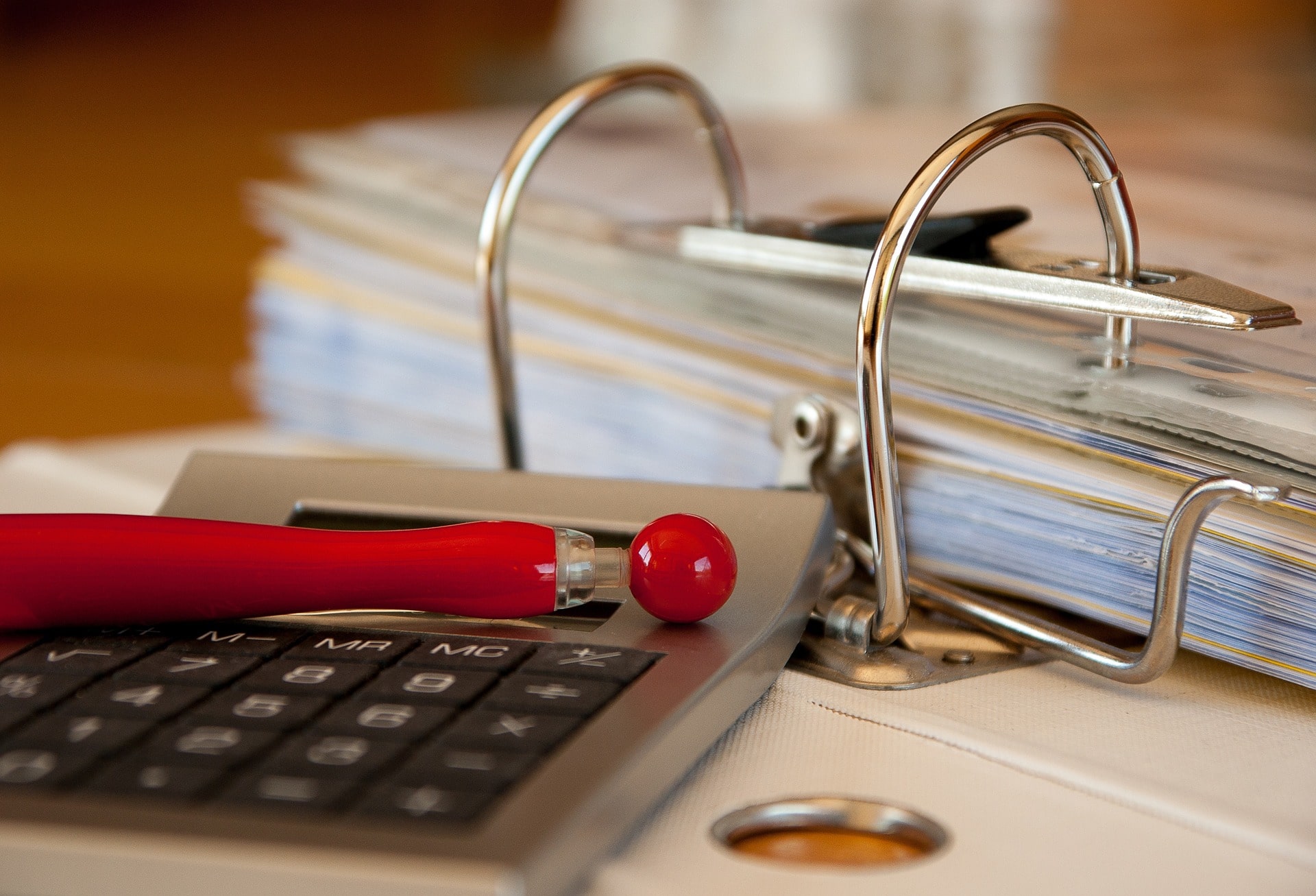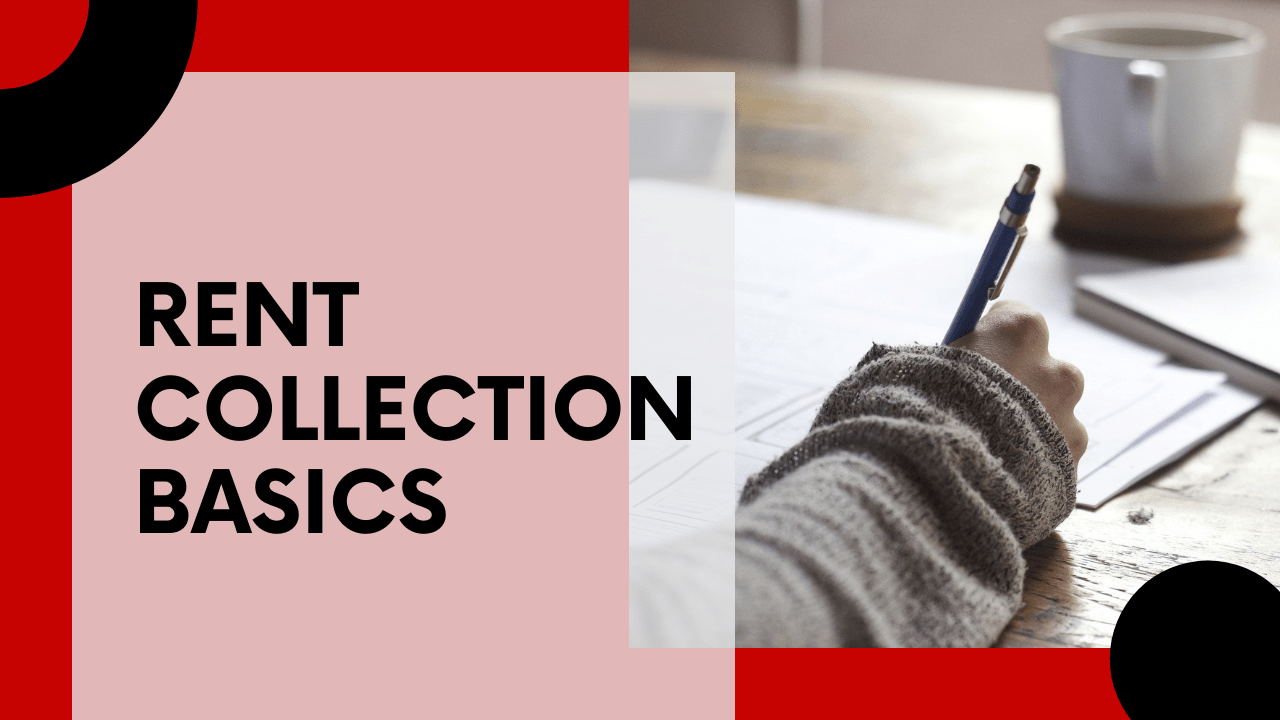Collecting rent is one of the most basic functions of any landlord or property manager, and it seems like it should be pretty straightforward. You tell the tenant how much rent is, they pay it, and the same thing happens month after month.
Sometimes it’s that simple, but often it is not.
When it comes to effectively collecting rent for your Hampton Roads rental property, there are a few important things to prepare for and keep in mind. You’ll want to know how much to charge, how and when to collect rent, and what to do if tenants pay late or not at all.
Hampton Roads Rental Values
Establishing the right rental value is the first step in leasing your property and finding a good tenant. Obviously, you want to earn as much as possible on your investment property. You may have a specific idea of what you think your property is worth, or maybe you’re just hoping to bring in enough rent to cover the mortgage, insurance, and taxes.
The Hampton Roads rental market is really what drives your price. Before you can decide how much to charge in rent, you have to take a look at the market and the competing properties in your immediate neighborhood. Find out what homes like yours are renting for, and use that to drive your own rental price. You don’t want to price your property too low - you’ll lose money and struggle to raise the rent enough to match the market. You also don’t want to price your property too high - you’ll end up with a longer and more expensive vacancy period.
When and How to Collect Rent
Typically, rent is due on the first of the month. This is what most tenants expect, and unless there’s a reason to collect it on a different day, we recommend you have the due date as the first as well. Make sure you have this clearly stated in the lease agreement. If you’re going to provide a grace period, make sure the lease reflects that as well.
Most tenants prefer to pay online or electronically whenever possible. If you’re working with a Hampton Roads property management company, you can expect your rent to be collected online, through a tenant portal system that’s provided by the software your management company is using. If you’re managing on your own, it might be difficult to set up an online payment system. However, there are plenty of online platforms and payment apps that can be used to help tenants securely and conveniently pay their rent electronically.
Not everyone will be thrilled with technology, so prepare to accept rental payments in other ways, too. Checks and money orders can also be accepted. We believe that the more options you provide your tenants, the more likely you are to get the payment in on time.
What to Do if a Tenant Doesn’t Pay Rent

Your lease agreement must include your rent collection policy, including the late fees and consequences that arise when rent is late.
When your rent isn’t paid on time, reach out to the tenant. Perhaps it’s a simple oversight or a need for a few more days. If the tenant will not communicate with you and rent is more than a few days late, you’ll want to put your demand for payment in writing. File a Five Day Notice to Pay Rent or Quit, which gives your tenants the option to catch up with late rent within five business days or move out of the property.
If those five days come and go and you still don’t have the rent, you’ll need to move forward by filing an eviction lawsuit
Rent collection can be stressful if you don’t have a policy in place or if you hesitate to enforce it consistently. We can help with that and all of your Hampton Roads property management needs. Please contact us at Doud Realty Services.


